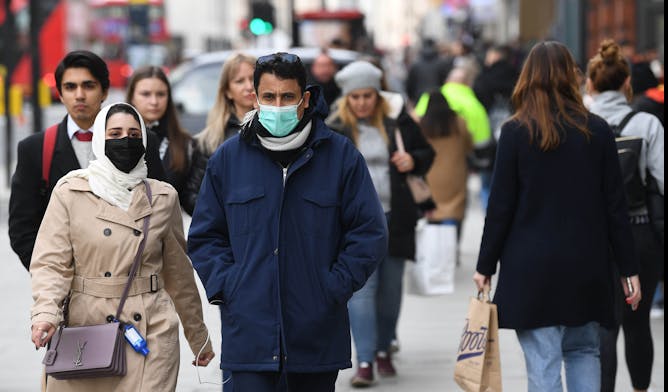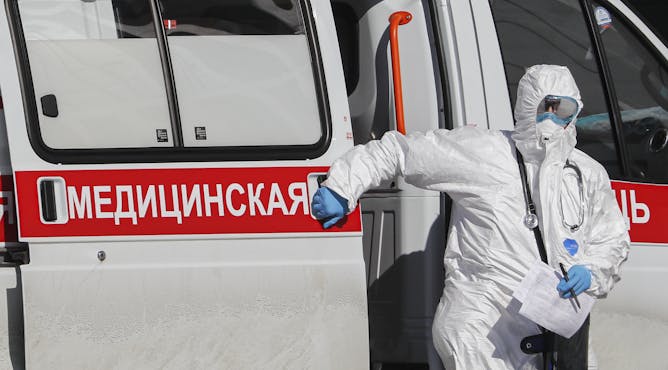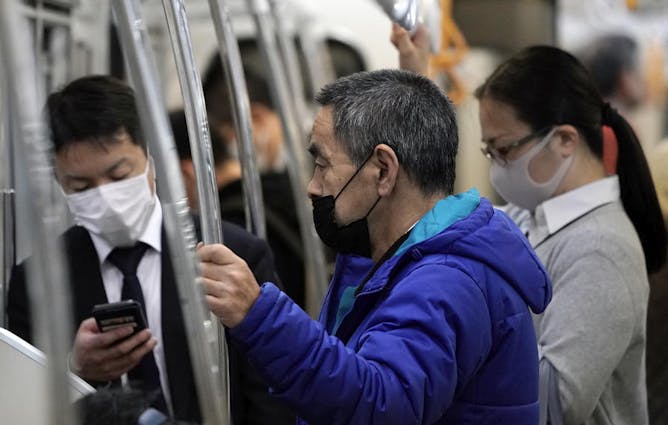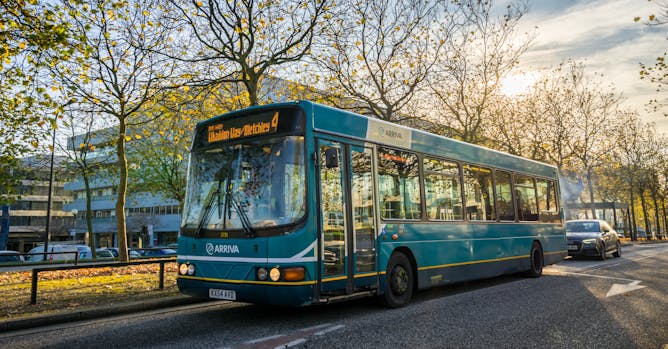|
|
|
Editor's note
|
|
At the time of writing, there are 190,000 cases of coronavirus in the world. Politicians are frantically working with scientists to find the best way forward to deal with this devastating pandemic, which has already claimed more than 7,500 lives. In the front line, of course, are people who study the spread of infectious disease, such as epidemiologists. But expertise from across the academy will be called upon for this titanic struggle.
Here, two professors argue that we should sequence the genomes of patients with COVID-19. They suggest using a method called “genomic prediction”, which has been used successfully for decades by plant and animal breeders. It enables the prediction of complex traits from whole-genome sequences. Could this reveal who is susceptible? Who is likely to be protected? It’s just an idea – not a solution to the whole crisis – but it may be one that’s
worth exploring.
Conservationists have long criticised the illegal wildlife trade in East Asia for endangering rare species and keeping animals in terrible conditions. Now, the coronavirus outbreak brings an opportunity to shut it down. Simon Evans explains how.
Cases of coronavirus are rising exponentially in many countries, but in two different articles we consider parts of the world where, for now, the numbers are comparatively low. We ask, why?
Meanwhile, bus services are in decline. It’s time for some radical thinking with regard to this less fashionable mode of public transport.
|
Clint Witchalls
Health + Medicine Editor (UK edition)
|

|
|
Top stories
|

Neil Hall/EPA
Richard Buggs, Queen Mary University of London; Richard Alan Nichols, Queen Mary University of London
It might protect thousands of people.
|

Sergei Ilnitsky/EPA
Jeremy Rossman, University of Kent
Sometimes low numbers are a cause for concern.
|

Masks have become commonplace on the Tokyo subway.
Franck Robichon/EPA
Hiroaki Richard Watanabe, University of Sheffield
Japan's process of testing for Covid-19 has been criticised.
|

Pajor Pawel/Shutterstock
Stephen Potter, The Open University
New technologies and service models could revolutionise Britain's creaking, privatised bus networks.
|
Politics + Society
|
-
Dylan Henderson, Cardiff University
Only 3 million UK homes have fibre broadband which will aid their working from home to counter coronavirus spread. But those with copper ADSL or bad connections on mobile 4G may struggle.
-
Stephen Cushion, Cardiff University
Broadcasters have a duty to inform the public and hold politicians to account. This mission is more important now than ever before.
|
|
Health + Medicine
|
-
Hannah Dahlen, Western Sydney University; David Ellwood, Griffith University
Having a baby is stressful enough without also having to process misinformation. Here are the facts from the WHO, experts and the research evidence.
-
Danielle Adams, University of Warwick
Sudden changes to routine and care might worsen mental health conditions, like anxiety, in autistic people or those with other intellectual disabilities.
|
|
Business + Economy
|
-
Costas Milas, University of Liverpool
Markets normally rally when central banks throw trillions of dollars at a problem. But not this time.
|
|
Environment + Energy
|
-
Simon Evans, Anglia Ruskin University
Once a purely conservation issue, it is now also considered a threat to biosecurity, public health and the economy.
|
|
Education
|
-
Elizabeth Curtis, University of Aberdeen
Active learning brings new knowledge to children and to their community.
|
|
Arts + Culture
|
-
Melanie Williams, University of East Anglia
There are many gems of female filmmaking in the archives that have been overlooked and should be made accessible to contemporary audiences
|
|
| |
Featured events
|

|
East Road, Cambridge, Cambridgeshire, CB11PT, United Kingdom of Great Britain and Northern Ireland — Anglia Ruskin University
|

|
East Road, Cambridge, Cambridgeshire, CB11PT, United Kingdom of Great Britain and Northern Ireland — Anglia Ruskin University
|

|
East Road, Cambridge, Cambridgeshire, CB11PT, United Kingdom of Great Britain and Northern Ireland — Anglia Ruskin University
|

|
East Road, Cambridge, Cambridgeshire, CB11PT, United Kingdom of Great Britain and Northern Ireland — Anglia Ruskin University
|
|
|
|
| |
| |
| |
| |
| |
|
|
|
|
|
|
|